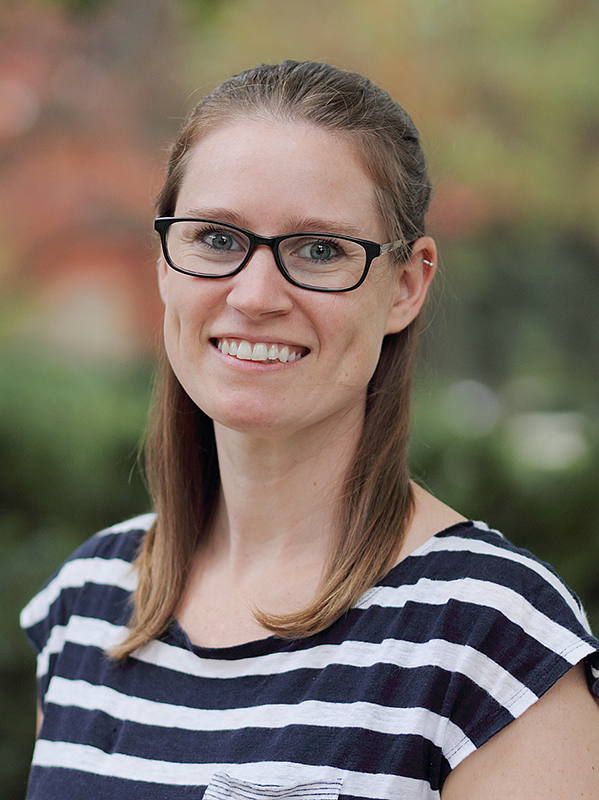 A new study looking at parent-adolescent relationships and substance use shows traditional parenting techniques might not be the best way to address issues. (Photo: Eliott Reyna/Unsplash)
A new study looking at parent-adolescent relationships and substance use shows traditional parenting techniques might not be the best way to address issues. (Photo: Eliott Reyna/Unsplash) WEST LAFAYETTE, Ind. — Stricter curfews, monitoring friends and whereabouts, restrictions on smartphone and social media are traditional parental responses for misbehaving adolescents.
But a new study, which appeared in Prevention Science, exploring parent-adolescent relationships and substance use, shows traditional techniques could backfire when used too much.
Researchers found many aspects about child disclosure – where the child willingly provides information to parents – in line with other research, but that too much consistency over time in the ways parents and adolescents communicate was associated with worse substance use outcomes.
 Kristine Marceau, an assistant professor in Purdue University's College of Health and Human Sciences' Department of Human Development and Family Studies. (Purdue University photo)
Kristine Marceau, an assistant professor in Purdue University's College of Health and Human Sciences' Department of Human Development and Family Studies. (Purdue University photo) "Consistent, high levels of parental solicitation – gathering information from their child – and parental control of their child may be less effective because the adolescent could view parents as too restrictive and not respecting their changing autonomy," said Kristine Marceau, assistant professor in the Department of Human Development and Family Studies of Purdue University's College of Health and Human Sciences.
While some may lament the loss of age-old parenting techniques, Marceau offers a different take and says parents can be adaptable and more responsive in addressing particular or event-specific behaviors, which could be more beneficial to both the parent and the adolescent.
"It opens the door for a new view on parenting techniques and child responses, especially when it comes to substance use during the adolescent years," Marceau said. "In fact, prevention efforts trying to increase the levels and consistency of how parents monitor their child could backfire, at least in terms of adolescent substance use."
Marceau said most of the change in parental knowledge was in the form of the year-to-year changes in the child, including the group of friends they hang out with. "An example of year-to-year change would be a child who is exploring new friend groups and starts to hang out with the 'wrong crowd,' only to find out the next year they prefer a lower risk friend group or they choose to spend more time in organized activities," Marceau said.
"Kids who don't hide anything from their parents tend to do so consistently across adolescence and also don't engage in substance use early," Marceau said.
The study surveyed 1,023 adolescents who were in sixth to eighth grades over a period of three years. The teens were surveyed twice a year throughout the study, giving researches a look into their lives even into high school. The range allowed researchers to capture most of the period of risk for early onset substance use.
Parents were assessed four times over the course of the study. Parents were asked about how much the adolescent tells parents of his/her activities; how much they ask about adolescent activities; and how much they control the activities and schedule of their child.
The study was authored by Marceau, Nayantara Nair, graduate student in Purdue's Department of Human Development and Family Studies; and Michelle L. Rogers and Kristina M. Jackson, both of Brown University. Funding for the research came from the National Institute on Drug Abuse (K01 DA039288) and the National Institute on Alcohol Abuse and Alcoholism (K02 AA13938).






